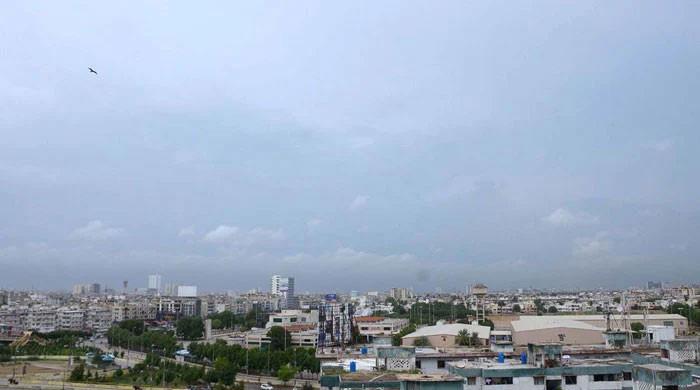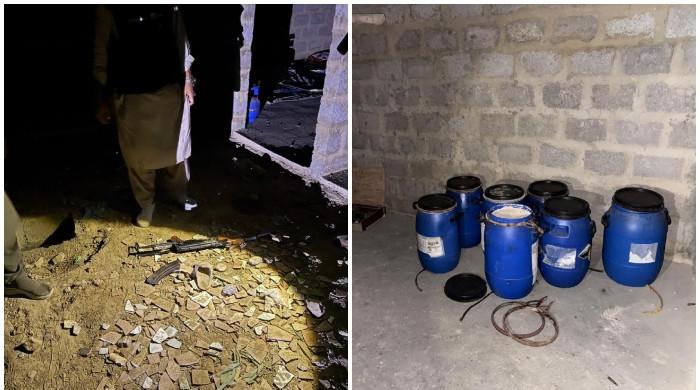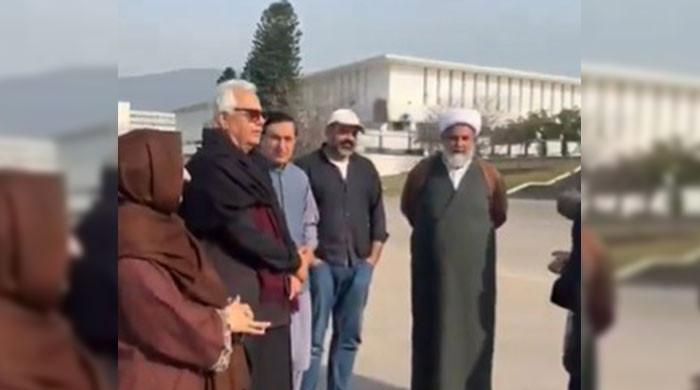Pakistani students return to China after 3-years hiatus
"It is inspiring to see everything go back to normal on a safe basis," a student says
April 11, 2023

BEIJING: After three years of break-off due to the COVID-19 pandemic, Waseem Abbas, a Pakistani student pursuing his doctoral degree in China, finally returned to Beijing together with some 20 fellow students at the beginning of April to continue studying at a prominent Chinese university.
"It is inspiring to see everything go back to normal on a safe basis," he said. The youngster added that from boarding to getting off the plane, hailing taxes, and entering campus, he and fellow Pakistani students go on unhindered.
“We can move freely in Beijing and around China. Last week, we visited the Great Wall where we saw many international tourists. The dynamism is all back,” Abbas shared.
Speaking to China Economic Net (CEN), he said that there is a surge in the number of Pakistani students returning to China after the country lifted its COVID-related restrictions on inbound visitors at the beginning of this year.
There was a rush of students applying for a visa to China, he said.
After returning to campus, Abbas will resume lab research and obtain the doctorate before July 2024.
As a researcher on animal science, he conducts studies at the State Key Laboratory of Animal Nutrition, College of Animal Science and Technology, China Agricultural University, Beijing, China.
In the past two years, while lab research was suspended partly, his quest for knowledge did not. Together with his supervisors and classmates, he published seven papers on feed additives and one SCI-indexed paper is in the pipeline.
Moreover, by working part-time with a Chinese feed technology company that has a presence in Pakistan, he paved the way for working in Beijing after graduation as he wishes.
In Pakistan, livestock production contributes over 60% of the total agricultural output value. Around 60% of our feed additives, an essential element for livestock health, are imported from China. After the floods last year, they have a significant role to play in recovering Pakistan’s poultry sector, he said.
Genetic breeding, vaccination, and health management of animals have become the focal point of collaborative research between Pakistani and Chinese institutes. Post-pandemic, personnel exchanges, and face-to-face meetings to push forward such cooperation have witnessed a boost.
China is a top destination for Pakistani students with some 28,000 Pakistani students studying in China.
As demand rises for a high-calibre labour force in Pakistan driven by the prosperity of CPEC, bilateral cooperation in education helps Pakistan address the challenges in terms of access, quality, equity, and relevance to the industry in its education system and provides the three million young people, who enter the job market in Pakistan each year, with more opportunities to grow and thrive.











